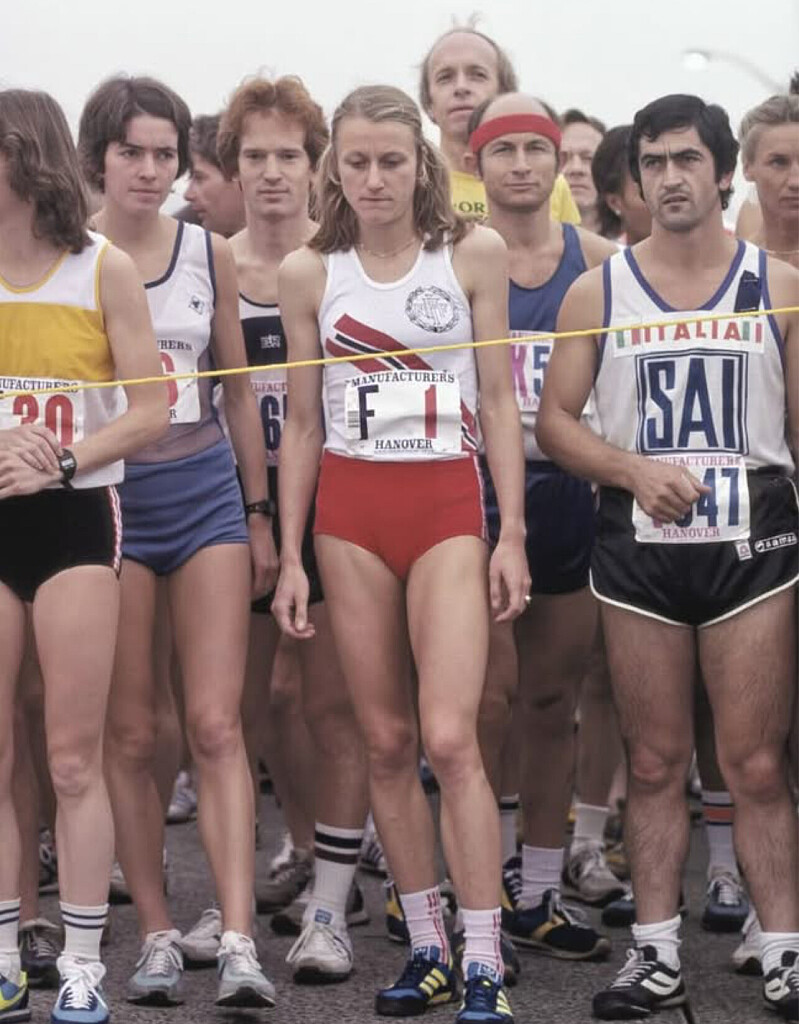Running News Daily
Running News Daily is edited by Bob Anderson. Send your news items to bob@mybestruns.com Advertising opportunities available. Train the Kenyan Way at KATA Kenya and Portugal owned and operated by Bob Anderson. Be sure to catch our movie A Long Run the movie KATA Running Camps and KATA Potato Farms - 31 now open in Kenya! https://kata.ke/
Index to Daily Posts · Sign Up For Updates · Run The World Feed
Grete Waitz The Runner Who Changed Marathoning Forever
On a crisp October morning in 1978, an unassuming schoolteacher from Norway stepped up to the starting line of the New York City Marathon. Grete Waitz, a world-class middle-distance runner, had never raced beyond 3,000 meters. That day, she would not only cover 26.2 miles for the first time but also redefine women’s marathoning in a way no one could have predicted.
An Accidental Marathoner
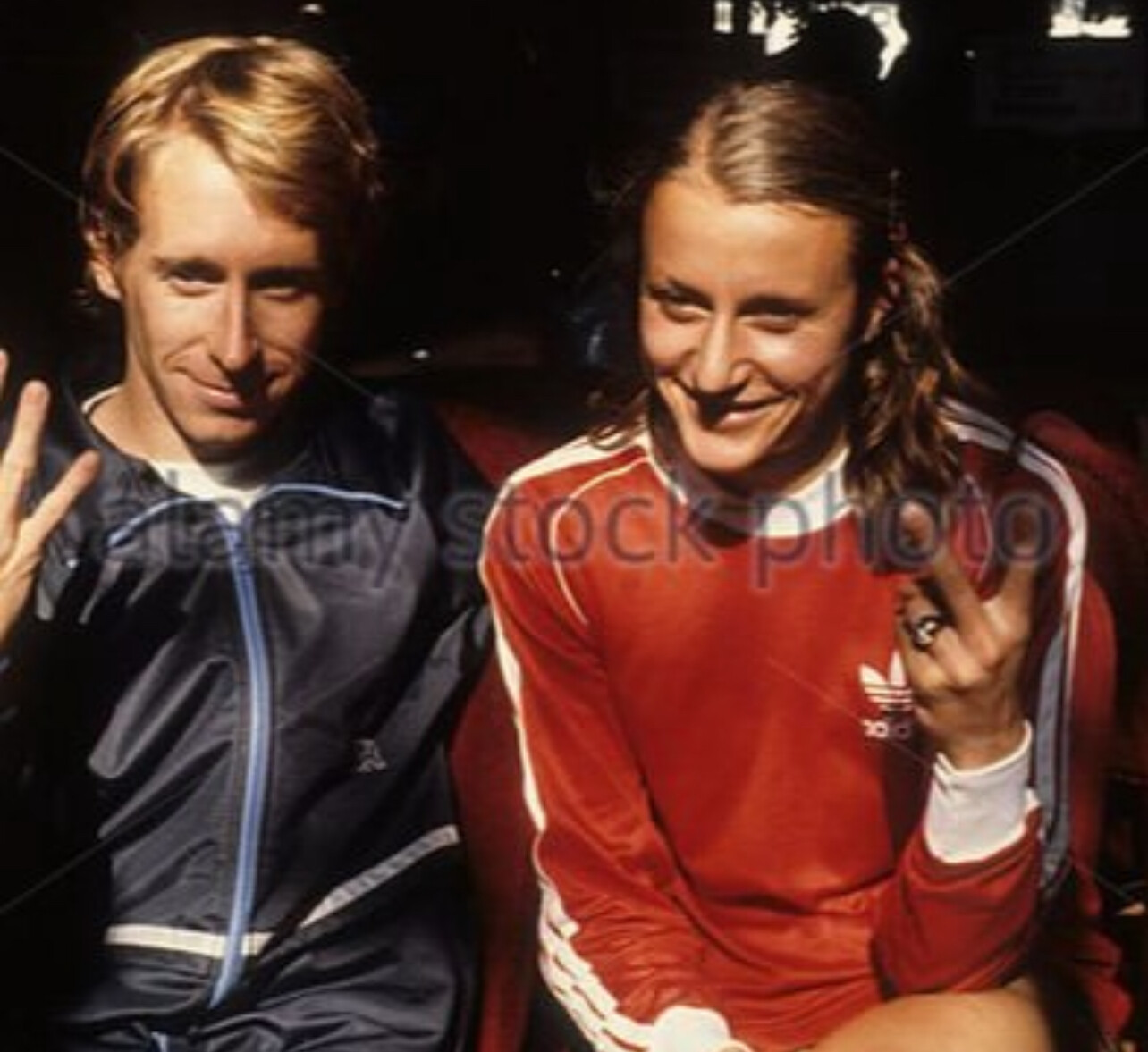
At the time, Waitz was a highly accomplished track athlete, having competed in the 1972 and 1976 Olympics in the 1,500 meters. Her husband and coach, Jack Waitz, believed she had the endurance for the marathon and convinced her to give it a try. The New York City Marathon, then in its third year of running through all five boroughs, was growing in popularity, with nearly 10,000 entrants that year—including 1,240 women, a significant number in an era when women’s distance running was still fighting for recognition.
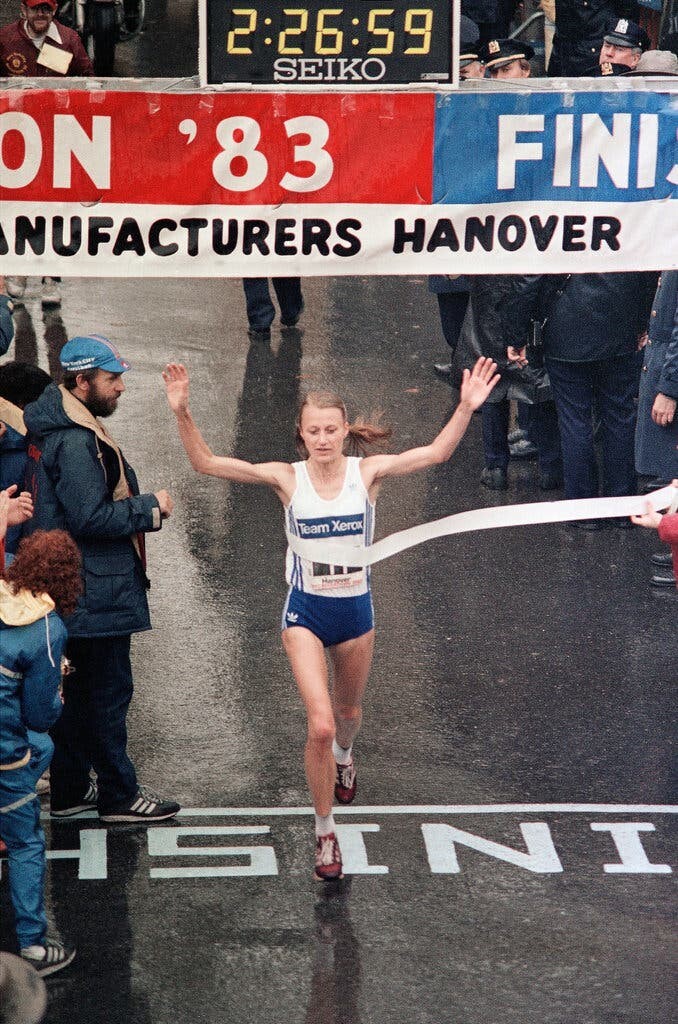
Waitz arrived in New York with no expectations, mostly treating the experience as an experiment. She was given bib “F1,” but that number did not signify any previous success in the marathon—it was merely assigned based on her status as a female elite athlete.
A Race for the Ages
Unlike today’s marathons, where elite runners typically start separately, in 1978, all competitors—professional, amateur, and first-timers alike—began together. The masses surged forward, and Waitz, running with a mix of excitement and nerves, settled into a steady pace.
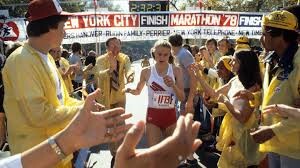
She was strong early on, but by mile 18, she was frustrated. She had no idea what she was doing, she later recalled, and even threw a cup of water at her husband in irritation when he shouted encouragement. Yet, despite her doubts, she was running at a record-setting pace.

As she entered Central Park, fatigue set in, but she powered through, breaking the tape in 2 hours, 32 minutes, and 30 seconds—a world record at the time. When race director Fred Lebow greeted her at the finish line, she collapsed into his arms, exhausted and overwhelmed.
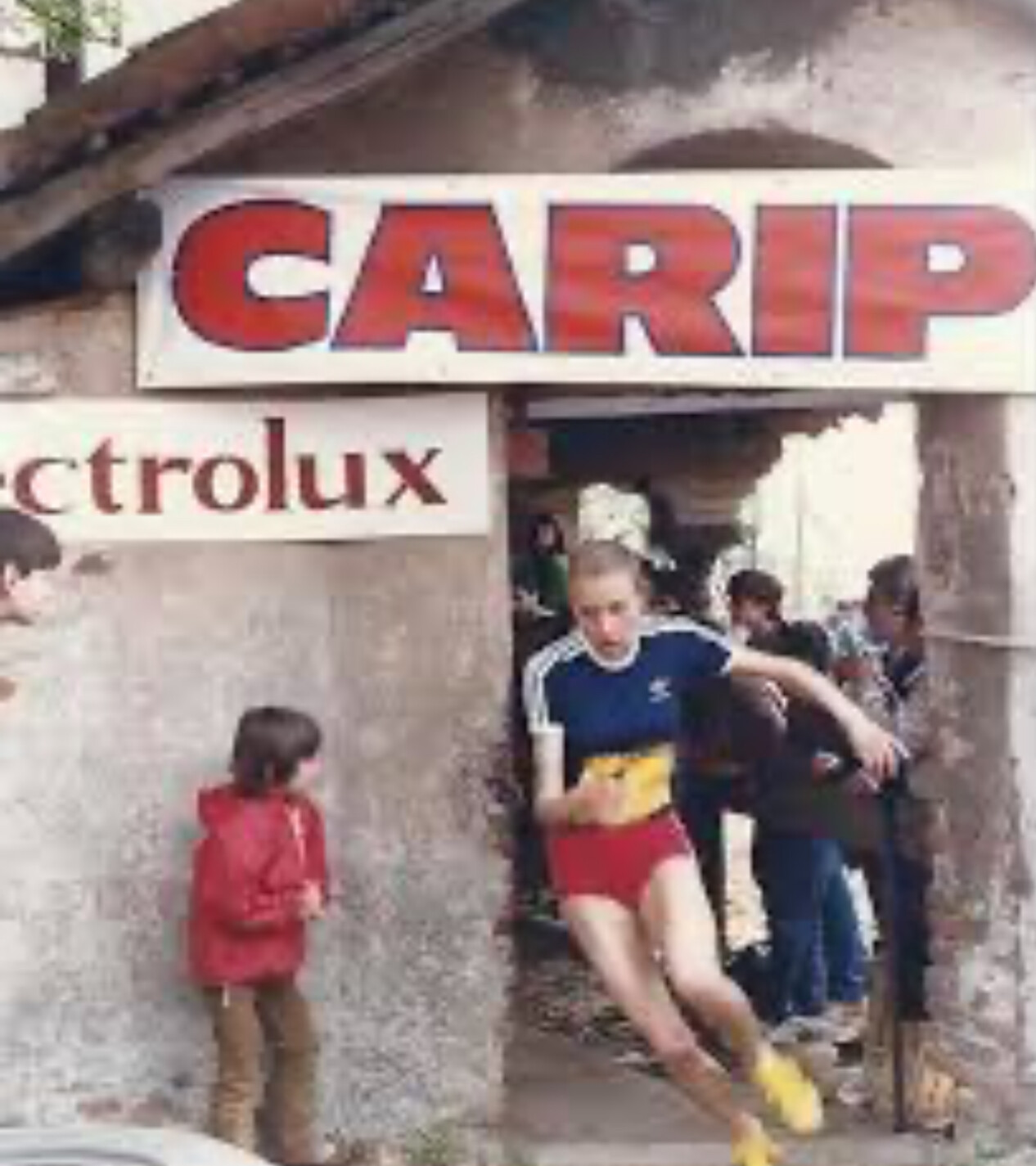
“I’ll never do another one of these,” she famously said. That promise, of course, didn’t last.
A Legacy of Dominance
That win in 1978 was just the beginning. Waitz would return to New York eight more times, winning a record nine titles between 1978 and 1988. She became the face of women’s marathoning, inspiring countless runners and proving that women not only belonged in the sport but could dominate it.
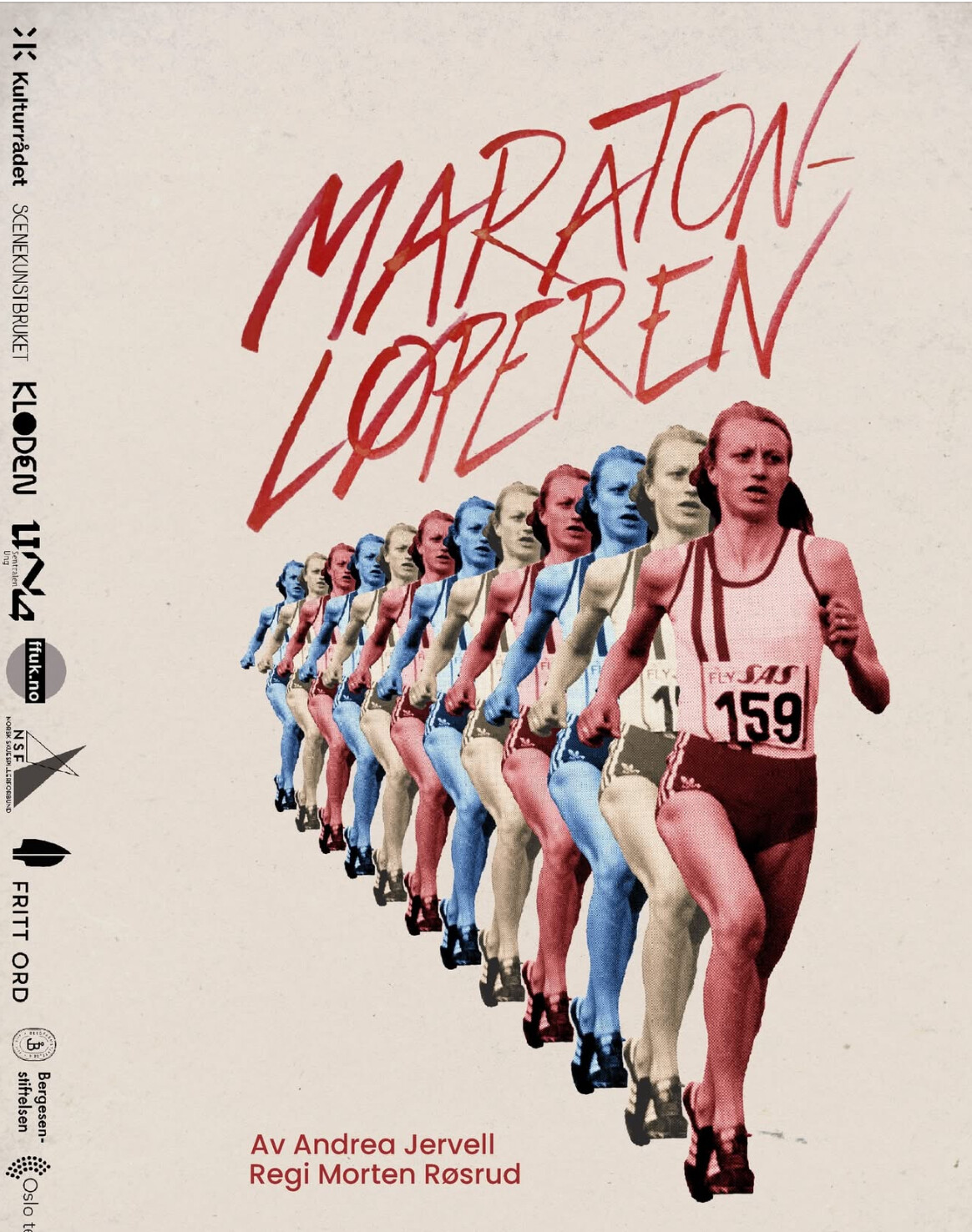
Her influence stretched beyond New York. In 1983, she won the first-ever Women’s World Championship Marathon, and a year later, she took silver in the first Women’s Olympic Marathon at the 1984 Los Angeles Games, finishing behind Joan Benoit Samuelson.
More Than a Champion
While her records and wins made her a legend, Waitz’s true impact came from the doors she opened for female distance runners. Before her era, women’s marathoning was an afterthought. The Boston Marathon had only officially allowed women to compete in 1972, and many still believed that running long distances was dangerous for women. Waitz shattered those myths.
She continued to race into her 40s and later devoted much of her time to coaching and philanthropy. In 2005, she was diagnosed with cancer, but she faced it with the same resilience she showed on the race course.
Jack Waitz: Continuing the Legacy
Grete’s husband and coach, Jack Waitz, played an instrumental role in her career, guiding her training and race strategies. Following Grete’s passing in 2011, Jack has remained deeply involved in the running community. He continues to share his expertise, offering training advice and motivational tips to runners of all levels.
Jack’s ongoing commitment ensures that Grete’s legacy endures, inspiring new generations of runners to pursue their passion for the sport.
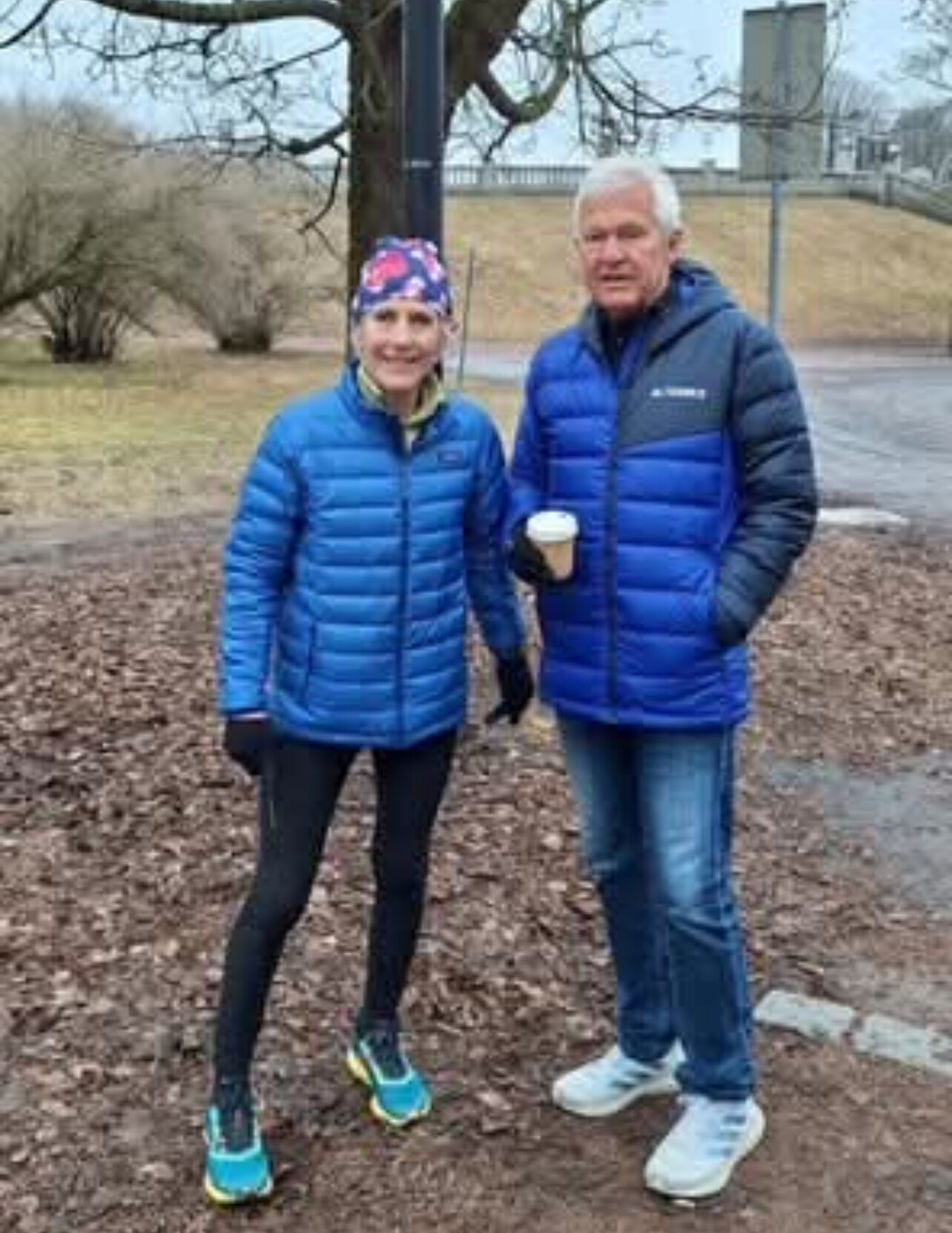
A Lasting Inspiration
Grete Waitz passed away in 2011 at the age of 57, but her influence is still deeply felt. She was not just a marathoner; she was a trailblazer who proved that women could race—and win—on the biggest stages.
Today, the New York City Marathon regularly features over 50,000 runners, nearly half of them women, a testament to how far the sport has come since 1978. The shoes are faster, the crowds are bigger, and the elites now start separately, but the legacy of Grete Waitz remains woven into the fabric of the event she helped define.
Her first marathon may have been accidental, but her impact on the sport was anything but.
by Boris Baron
Login to leave a comment


